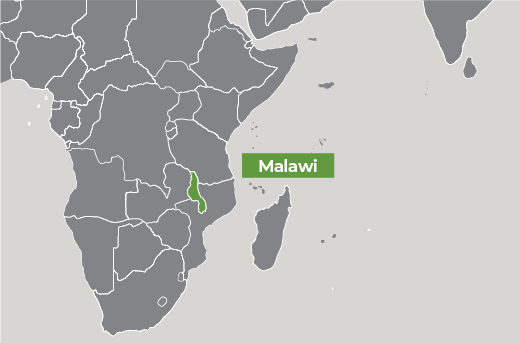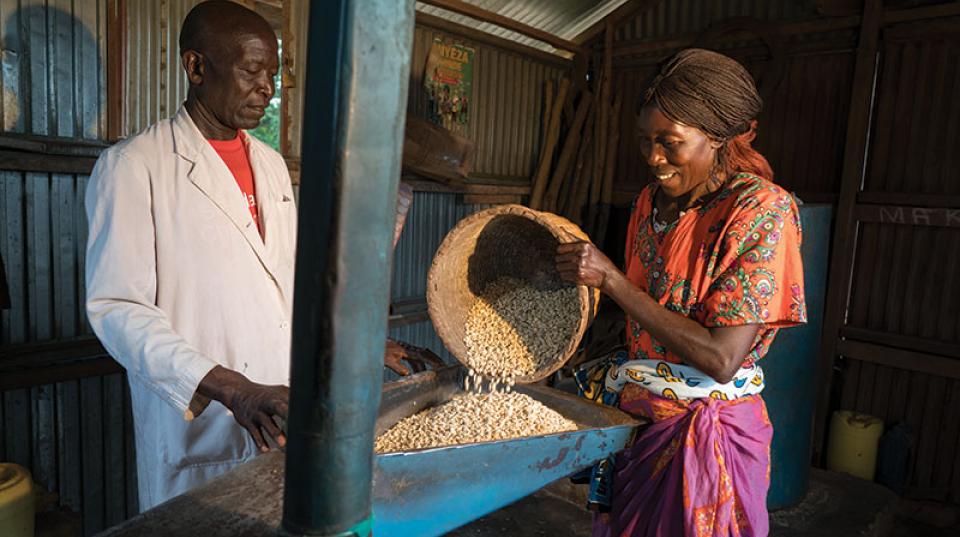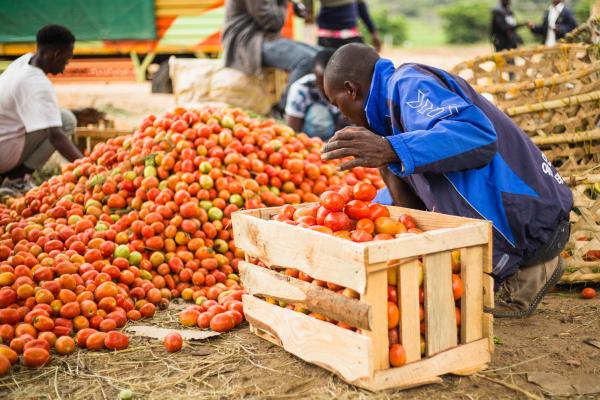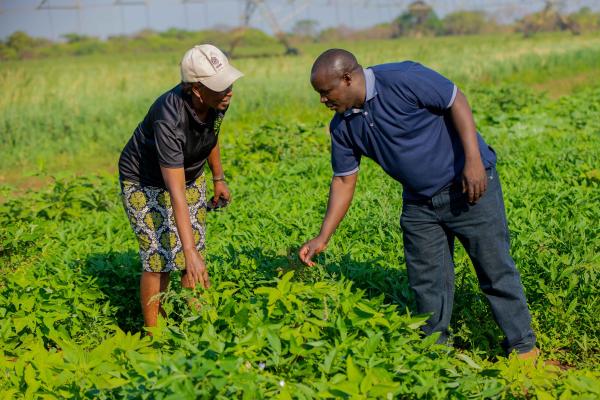Overview
This project aimed to identify and characterise the nature and scale of food and nutrition loss in urban agrifood chains in Mzuzu City and define its drivers and implications.
Malawi is among the fastest urbanising countries with Mzuzu projected to become a major urban centre in Southern Africa. The youthful population of Mzuzu, with over half aged below 20 years gives a high population momentum.
This scenario implies that there will inevitably be a huge demand for food in cities and towns driven by a rise in urban population, diversified consumption patterns and demand is likely put pressure on the already overstretched urban food supply chains.
The current food and nutrition insecurity in Malawi urban centres has yielded major health effects including stunting and permanently reduced cognitive function for small children, promoted child labour and contributed to increased prevalence of nutrition-related diseases.
It is estimated that large open-air urban markets (informal) are clear determinants for food accessibility in Mzuzu. However, the data available fails to provide detailed actor mapping and relations to outline what needs to be done and by whom to reduce the losses at all major post-harvest food flow stages to the markets in Mzuzu.
This substantiates the need to conduct the proposed study as it will fill in the gaps in policy, practice, innovation, and research, and consequently contribute to the holistic and improved management of food chains for both urban and semi-rural populations of Mzuzu.
This project is part of the Food Loss Research Program—a partnership between ACIAR and Canada’s International Research Development Centre. The program works with partners in developing countries to address food loss through innovative, locally driven solutions.
Research objectives
- Collect data and map chain actors, processes, communications, power dynamics in the chains, social and gender relationships in the chains, and the roles of each of the actors in the chains; develop, for project use and for wider dissemination, a clear and concise report and data sets on food losses and the urban food chain operations in Mzuzu city.
- Analyse chain operations in Mzuzu city using the information assembled, information gap identification and determine further data collection; to identify potential ways of reducing food loss, improving food handling, storage and timely logistics, thereby improving food accessibility and nutrition security for the urban poor in Mzuzu city.
- Explore and test contextually relevant food innovations and interventions in food handling, preservation and storage, transportation, information use and exchange and other aspects of chain operations to reduce food loss, improve food quality and safety and enhance product flow through the chains.
Expected outcomes
- Improved stakeholder relationships and collaboration through better understanding of the whole chain actors and their roles.
- Anticipate shortened chains and reduced time food stays within some chains through improved actor relationships and more collaboration along the whole agrifood chain.
- Improved food packing and handling by generating ideas and innovations and trial these for use within the project and beyond. This will entail the introduction of alternative and improved food packaging and food packing, marketing, information use, food transportation, food storage and preservation in urban and peri-urban contexts.
- Raising the prominence of food loss-nutrition loss nexus through the data collected and the profile of project stakeholders.
- Improved and more inclusive food chain governance and business relations at all the identified stages along the whole chain. From an empowered and informed participation especially for women in the food chain to fair food pricing (Wholesale and retail) practices and increase the inclusion of and informed participation by food producers and traders in the value chains negotiating power.
- Alternative explanation of food and nutrition insecurity based on food losses: by linking food losses to urban food and nutrition insecurity in rapidly urbanising cities.
- Foundation for future work using the data generated from the project for possible future research and policy innovation in food loss and nutrition security in Zambia and within the Southern Africa region.
Summary of outcomes to date
2021-22
The project has so far made good progress, but we expect most if not all main outputs in the next phase of the project. So far, the following can be e enumerated:
(a) Data base on the nature, drivers and scale of food and nutrition loss in Mzuzu has been compiled. The data show that most of the food loss occurs among leafy vegetables and this is mainly at harvest and post-harvest stages.
(b) Stakeholders’ workshops and FGDs have been conducted during formulation of instruments, data collection, dissemination, identification of solutions and trial sites. More are expected during trialing of interventions.
(c) In the next phase we expect the following outputs:
- Working and research papers on urban food chain actor analysis - Food governance, actor relationships, power relations, efficiency drivers along the urban fresh food chains and on innovations and options for improving efficiency in food management, food preservation and better storage systems.
- Working on 2 blogs: urban food governance, food loss-nutrition loss nexus and options for food loss and nutrition loss reduction.
- At least 3 conference papers delivered at international conferences (at least one in the global South (South-South cooperation) and one in the global North (North -South cooperation) and one within Africa.
- One short video clip- designed for social media and websites. This will be produced before end of 2022.
- Animation videos on food and nutrition loss in Mzuzu. This is currently under production.
- Working on first of the expected 2 academic papers in open access journals (to be prepared after the end of the project).








